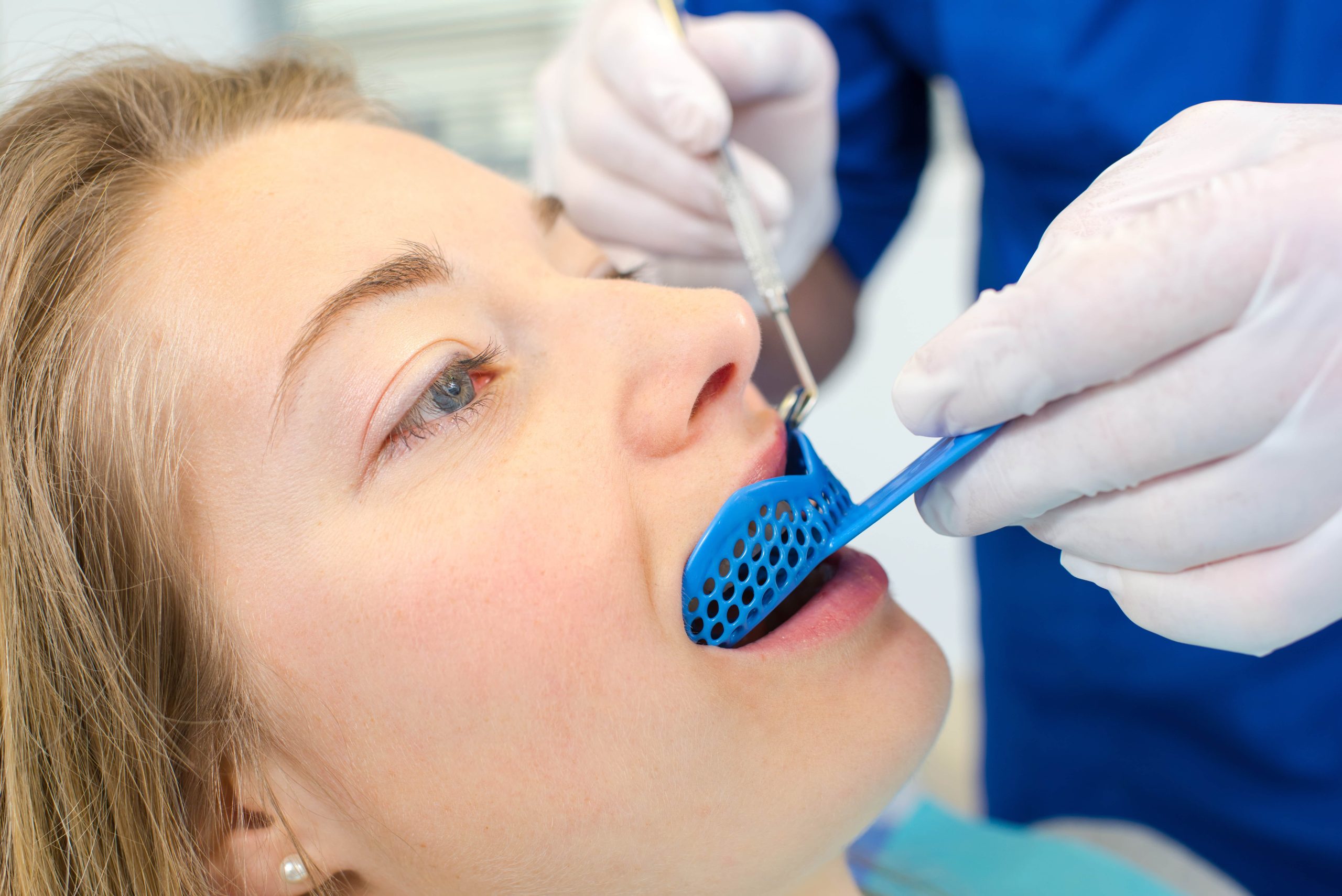
Teeth grinding or clenching (bruxism) is common for many people when they sleep. This leads to several dental problems like eroded enamel. Bruxism can be diagnosed and treated by a dental practice.
When you go for a dental examination, your dentist will examine you for the signs of bruxism. If available, your dentist will examine your teeth in subsequent appointments to see if the process is progressive and know whether it should get treatment.
Book an AppointmentIf a dentist thinks you have bruxism, they will ask questions about general dental health, daily routines, sleep habits, and medications.
They will also check for the following to assess the extent of bruxism:
Some children usually outgrow bruxism without treatment, and adults do not grind that badly to require therapy.
If the bruxism is very severe, your dentist will have to offer medications and therapies to prevent further tooth damage and relieve jaw discomfort or pain.
If there is a need for an intense treatment, the dentist can use any of the following methods to improve your teeth and correct the damage done on them by bruxism.
Mouthguards and splints are used to separate your teeth while you sleep to avoid the effect of clenching and grinding. They are usually produced from hard acrylic or soft materials and placed over your lower or upper teeth.
Suppose the clenching and grinding are severe and have led to teeth sensitivity or inability to chew properly. In that case, your dentist may need to reshape your teeth’s chewing surface or use crowns to remedy the damage.
Besides using dental approaches to manage bruxism, medical professionals also employ stress or anxiety management, behavioural changes, and biofeedback to handle this problem.
Nevertheless, the treatment you will receive will depend on the cause and extent of the bruxism.
Bruxism is a common dental problem and is unhealthy for your teeth. Dentists treat this problem by offering mouth guards to prevent the upper and lower jaw from grinding while sleeping. Therapies or medications may be needed to treat this problem if psychological factors or medical disorders cause it.
At Smile Clinic London, our dentists are familiar with bruxism and have treated several cases. You too can be a beneficiary of our amazing dental services. Do call us on 0207 139 8611 to schedule an appointment today.